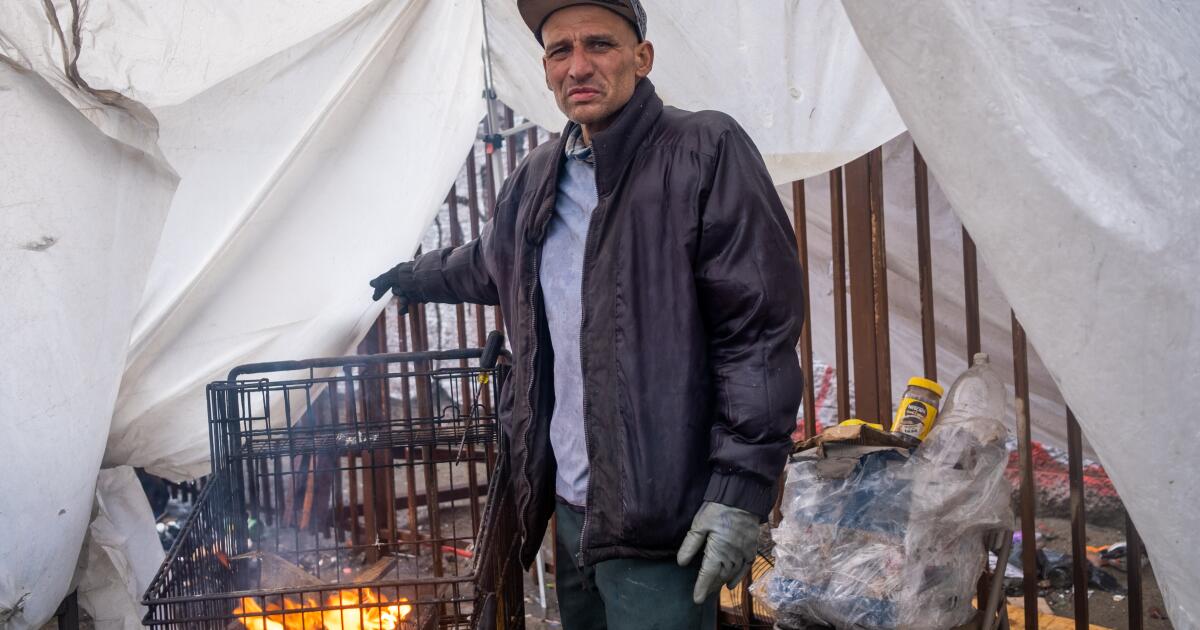If 100 homeless people were given $750 per month for a year, no questions asked, what would they spend it on?
That question was at the core of a controlled study conducted by a San Francisco-based nonprofit and the USC Suzanne Dworak-Peck School of Social Work.
The results were so promising that the researchers decided to publish results after only six months. The answer: food, 36.6%; housing, 19.5%; transportation, 12.7%; clothing, 11.5%; and healthcare, 6.2%, leaving only 13.6% uncategorized.
Those who got the stipend were less likely to be unsheltered after six months and able to meet more of their basic needs than a control group that got no money, and half as likely as the control group to have an episode of being unsheltered.



We can’t meaningfully advocate or plan for its implementation unless we have some idea how it would work. And that it can work.
The sorts of experiments in the OP get us no closer to that. They prove nothing that wasn’t already pretty uncontroversial and obvious, and offer no insights about how these programs might be implemented universally.
Pointing this out does not hold back UBI. Ignoring it, however, does.
The problem is giving X amount per month to homeless people is not a representative study for something called “universal” basic income. It’s just a basic income for homeless people.
One of the biggest theoretical problems with giving everyone X amount per month is that it will simply drive up inflation since there are now $X/mo/person more in circulation (meaning everything will simply go up in price to absorb all that extra money). An experiment like this, as beneficial as it may have been for the participants, unfortunately has no value in proving whether or not that IS actually what happens.